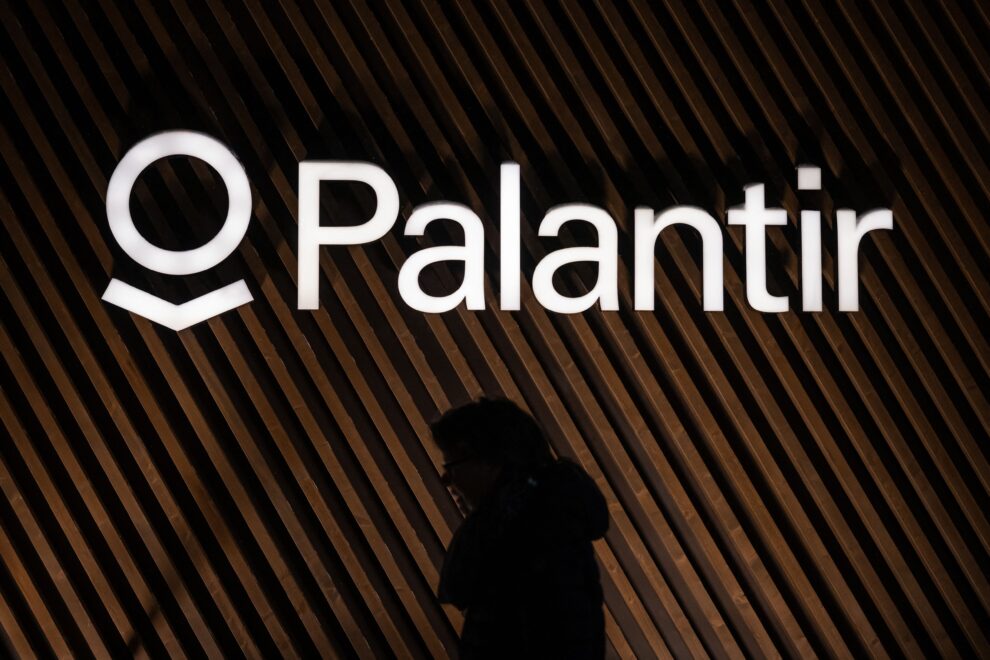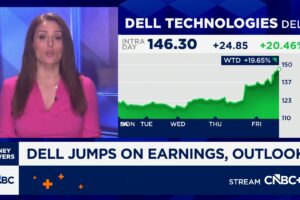Palantir’s business is growing quickly, but Thiel’s sales say something about the stock.
Peter Thiel is best known as one of the co-founders of PayPal and an early investor in Meta Platforms, then known as Facebook. After leaving PayPal, he co-founded another company, Palantir Technologies (PLTR 4.67%), where he serves as chairman.
Thiel sold over $1 billion worth of Palantir stock over the last few days of September and the first day of October, according to Securities and Exchange Commission (SEC) filings. Those sales came after the company officially joined the S&P 500 on Sept. 23. Thiel also shed about $400 million worth of Palantir stock earlier this year.
Thiel’s sales were executed automatically as part of the 10b5-1 plan adopted in May. That plan automatically sells Thiel’s shares upon reaching certain criteria, effectively reducing the influence of insider information on the selling decision. Thiel has now exhausted the authorization through Dec. 31 of next year.
Thiel remains one of the largest shareholders in Palantir, which has a market cap around $83 billion as of this writing. He also holds super-voting shares along with his co-founders, ensuring the three maintain control over the company. But it may be time for investors to consider whether they should sell Palantir stock as well.

Image source: Getty Images.
A big name in big data
Palantir got its start by offering big data analytics to government agencies. The CIA’s venture capital arm was the only early outside investor (besides Thiel’s own venture capital firm). Management eventually adapted its software for large enterprises, but largely remained focused on high-value large organizations until recently.
Commercial customers are growing quickly. Co-founder and CEO Alex Karp points out that commercial customers grew from 14 to 295 over the past four years in his most recent letter to shareholders. That growth is aided by the launch of Palantir’s Artificial Intelligence Platform (AIP). AIP makes it easier for customers to explore and use their data with natural language and automate workflows. It can also help develop applications using enterprise data sets.
As it scales, Palantir is exhibiting tremendous operating leverage. Its adjusted operating margin expanded from 23% in the second quarter of 2022 to 37% last quarter. It’s also been profitable on a generally accepted accounting principles (GAAP) basis for seven straight quarters, which has earned it a spot in the S&P 500.
The outlook for the business remains strong, too. As mentioned, it counts just 295 commercial customers. There are a lot more large organizations with big data needs that could adopt Palantir’s software as they shift away from in-house solutions. Management expects full-year 2024 revenue of about $2.75 billion and adjusted operating income of about $970 million. Those represent growth of 24% and 53%, respectively. And Palantir should be able to sustain that strong revenue growth for years to come as it expands its commercial business and government contracts provide stable sales.
Thiel’s sales suggest something about the stock
Despite the strong growth at Palantir and the excellent execution of management, it’s hard to justify the current price of Palantir shares.
The stock currently trades around 87 times analysts’ consensus 2025 earnings estimates. And while the company is showing strong earnings growth as it leverages its fixed costs with more commercial customers, that valuation makes it extremely risky to own.
First of all, the high valuation will magnify any earnings miss. Slower-than-expected growth will drastically reduce the price of shares since they’re based on such a high multiple of earnings. Meanwhile, it’s likely that earnings beats won’t move the stock up as much, as has been the case with other high-priced AI stocks.
But even if Palantir continues to grow its top line at a mid-20% clip through the end of the decade and expands its operating margin, it’s still difficult to justify the current price. Morningstar analyst Malik Ahmed Khan’s bull case models 26% revenue growth and a GAAP operating margin expanding to the low 30s over the next five years from 16% today. The fair value he puts on the stock under those circumstances is just $26 per share, less than 30% of the current price.
While the underlying business is great, Palantir’s stock is very expensive. Patient long-term investors may end up ahead on the stock in the long run, but there are likely better investment opportunities at this point. It may be a good time to sell and put the cash to work in another growth stock.
Randi Zuckerberg, a former director of market development and spokeswoman for Facebook and sister to Meta Platforms CEO Mark Zuckerberg, is a member of The Motley Fool’s board of directors. Adam Levy has positions in Meta Platforms. The Motley Fool has positions in and recommends Meta Platforms, Palantir Technologies, and PayPal. The Motley Fool recommends the following options: short December 2024 $70 calls on PayPal. The Motley Fool has a disclosure policy.











